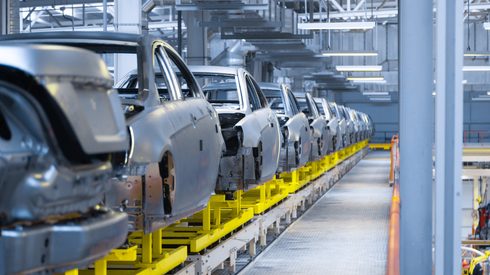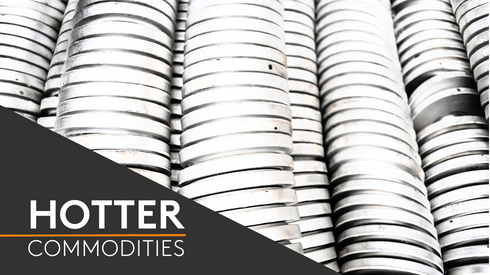If the revisions to general approved exclusions (GAEs) remain in place, they will effectively eliminate tariffs on a large number of steel products, according to a joint letter sent to Commerce Secretary Wilbur Ross by the American Iron and Steel Institute, the Steel Manufacturers Association (SMA), the Specialty Steel Industry of North America (SSINA) and the Committee on Pipe and Tube Imports 232 Coalition on Monday January 4.
“I believe the Commerce Department is trying to streamline and make the exclusion process more efficient,” SMA president Philip K Bell told Fastmarkets in an interview on January 5. “While some of the proposed changes and clarifications are positive for the domestic industry, we have major concerns regarding Commerce’s adoption of general approved exclusions. They could lead to unintended consequences and result in a surge of imported steel being excluded from the [Section] 232 program.”
Commerce announced on December 14 that it was streamlining general approved exclusions, changing volume limits from past usage for exclusion requesters and leveling the playing field between domestic producers and importers in terms of the timeframe under which disputed material needs to be produced. The latter two provisions became effective on December 14, but changes to the general approved exclusions took effect on December 29, according to a Federal Register notice.
“Specifically, the interim rule identifies 108 steel products that have been approved for import under a GAE, which means that these products can be imported to the US, regardless of the source country, free from Section 232 tariffs without the need to apply for an exclusion,” Bell said. “GAEs are essentially open-ended, blanket exclusions. There’s already a significant amount of steel imports that aren’t subject to [Section] 232 tariffs due to quotas and existing exclusions. The GAE changes essentially undermine the stated goals of the [Section] 232.”
Each one of the 108 codes identified under the harmonized system of tariffs that are approved for import under a general approved exclusion can include a large number of products.
“Basing exclusions solely on harmonized tariff system codes is too broad and not the way to go,” Bell said. “Many products on the GAE list can be produced domestically. Overall, the new GAEs will result in significant tonnage being excluded from the [Section] 232 program that is far beyond the actual tonnage at issue in the specific product exclusion requests.”
US imports of steel and aluminium have Section 232 tariffs of 25% and 10% respectively. Argentina, Australia, Brazil, Canada, Mexico and South Korea have been granted exclusions on steel items by agreeing to volume quotas or other restrictions.
US steel prices have surged since President Donald Trump implemented the Section 232 tariffs in 2018.
Fastmarkets’ daily steel hot-rolled coil index, fob mill US was calculated at $51.71 per hundredweight ($1,034.20 per short ton) on January 4, up by 0.4% from $51.50 per cwt the previous business day and by 21.6% from $42.53 per cwt a month earlier. This is the highest level since reaching $53 per cwt in late August 2008.






